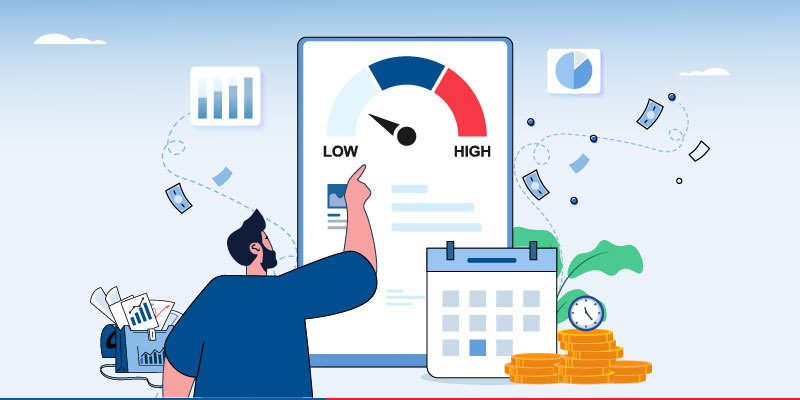
Low-Cost Investment Options
1. Index FundsIndex funds eliminate the anxiety and expense of trying to predict which individual stocks, bonds, or mutual funds will beat the market.
This simple investment strategy – indexing – has outperformed all but a handful of the thousands of equity and bond funds that are sold to the public.
This is better option when you plan for your retirement funds.
Nobody knows more than the market:
It is difficult for most investors to believe that the stock market is actually smarter or better informed than they are.
Most financial professionals still do not accept the premise – perhaps because they earn lucrative fees and believe they can pick and choose the best stocks and beat the market.
Almost no investor consistently outperforms the market either by predicting its movements or by selecting particular stocks.
However, it doesn’t mean that the overall market is always correctly priced. Stock markets often make major mistakes, and market prices tend to be far more volatile than the underlying conditions warrant.
So don’t think for a minute that professional financial advice would have saved you from the financial tsunami.
The Index Fund Solution:
Because the players in the market must, on average, earn the market return and winners’ winnings will equal losers’ losses, investing is called a zero-sum game. If some investors are fortunate enough to own only the stocks that have done better than the overall market, then it must follow that some other investors must be holding the stocks that have done worse.
The average actively managed mutual fund charges about one percentage point of assets each year for managing the portfolio. It is the expenses charged by professional “active” managers that drag their returns well below that of the market as a whole.
Low-cost index funds charge only one-tenth as much for portfolio management and it do not need to hire highly paid security analysts for manage the portfolio. Professional managers underperform the market as a whole by the amount of their management expenses and transaction costs. That’s why active managers do not beat the market – and why the market beats them.
Don’t Some Beat the Market?
Sure, some managers do beat the market – but the quest ion is : will you, or anyone else, be able to pick the managers who will beat the market in advance?
Nobody has been able to figure out in advance which funds will do better. Fund managers who succeeded in beating market will increase their management fee which will increase the expense ratio of their next fund. The financial media are quick to celebrate managers who have recently beaten the market as investment geniuses. Just because a manager beat the market last year does not mean he or she is likely to continue to do so again next year. Mutual fund “performance” is almost as random as the market. Chasing hot performance is a costly and self-defeating exercise. Pl. don’t do it.
2. ETFs
ETFs are index funds that trade on the major stock exchanges and can be bought and sold like stocks.
They often have even lower expense rations than index funds. They allow an investor to buy and sell at any time during the day and thus are favored by professional trades for hedging. They are even more tax efficient than mutual funds since they can redeem shares without generating ta taxable event.
3. Index Bonds:
If indexing has advantages in the stock market, its superiority is even greater in the bond market. You would never want to hold just one bond in your portfolio – any single bond issuer could get into financial deficiency and be unable to repay you in full. That’s why it’s wise to use bond index funds.
Advantages of Index Funds / ETFs:
• They simplify investing: No need to evaluate thousands of actively managed funds to pick one
• Index funds are cost efficient and tax efficient
• They are predictable as they are aligned to equity index
7 Comments
51rqyv
* * * Your gift drop just landed - claim it before it is gone * * * hs=d8d95865d9d7cb9b8ead5904dba74cd6* ххх*
September 18, 2025 at 2:37 pm
xijwx0
* * * $3,222 payment available * * * hs=d8d95865d9d7cb9b8ead5904dba74cd6* ххх*
September 25, 2025 at 9:06 am
hx2j4y
* * * $3,222 credit available * * * hs=d8d95865d9d7cb9b8ead5904dba74cd6* ххх*
January 12, 2026 at 3:51 am
5dsowb


51rqyv
* * * Spin for free - win for real: https://maharishidigitalhub.com/index.php?ovyz3p * * * hs=d8d95865d9d7cb9b8ead5904dba74cd6* ххх*
September 18, 2025 at 2:37 pm